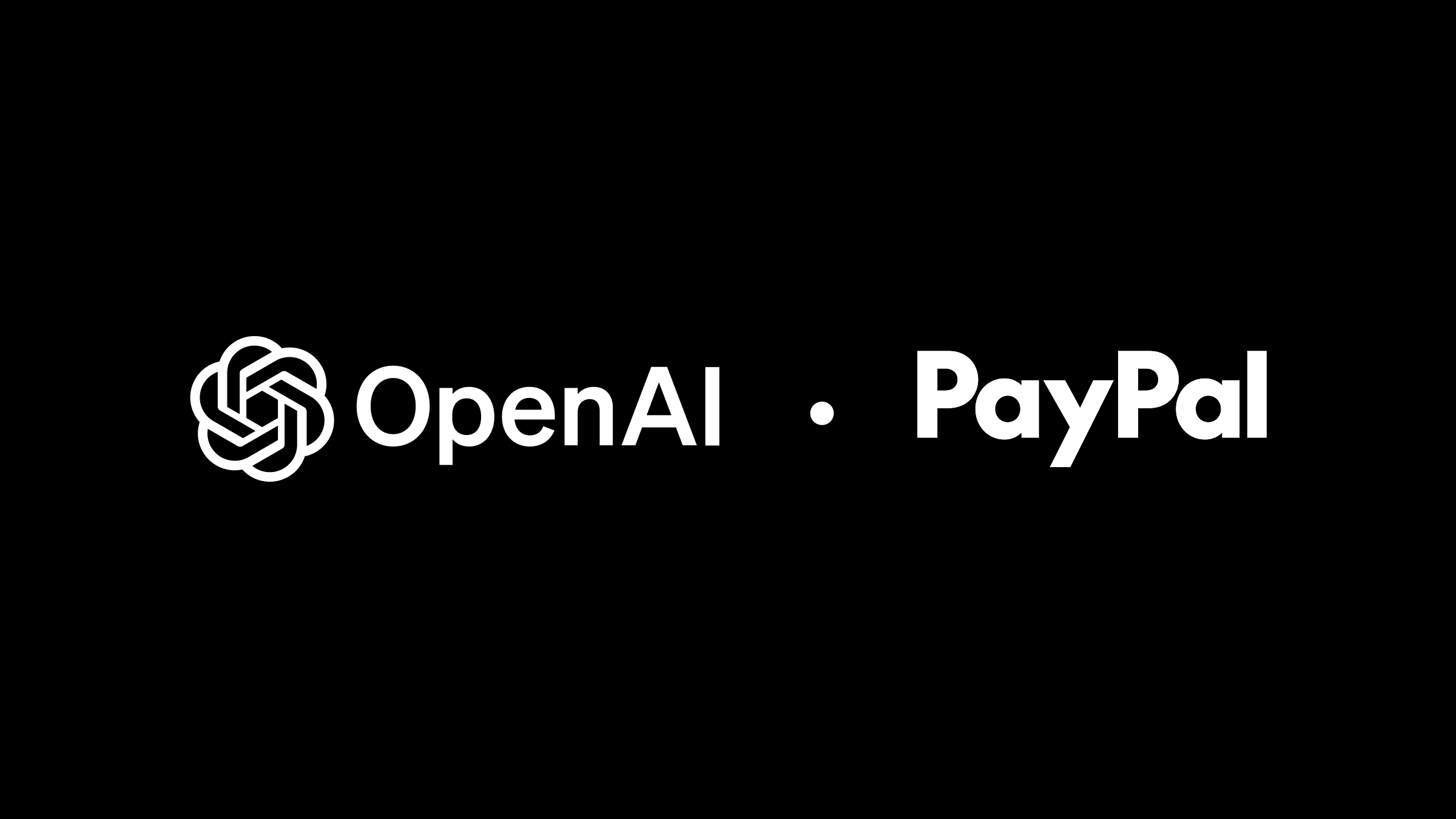PayPal Remote MCP Server Now Supports OpenAI
May 21, 2025
3 min read

At PayPal, we continue to make it easier for developers to access our products and services. In early April, PayPal adopted MCP* as the first step to allow developers to embrace the new paradigm of agentic commerce. Today, in support of OpenAI's news, we’re excited to announce PayPal's remote Model Context Protocol (MCP) server now supports OpenAI's large language models (LLMs) — bringing even greater flexibility to developers to accelerate agentic commerce.
What is PayPal MCP Server?
The Model Context Protocol (MCP) helps organize and pass the right information to language models to help them work effectively in specific scenarios. PayPal’s MCP server lets developers connect to their preferred AI clients —like OpenAI’s LLMs—through natural language. This setup makes it easy for merchants to handle tasks like creating and listing invoices, generating reports, and accessing valuable insights into merchant transactions.
Why OpenAI?
OpenAI is a natural fit for PayPal’s MCP server integration due to its powerful language understanding, easy-to-use APIs, and support for multilingual, context-aware interactions. It enables merchants to build intuitive, AI-driven workflows that simplify complex tasks like currency conversion, and customer support—all through natural language. With enterprise-grade reliability and flexibility, OpenAI helps developers deliver smarter, faster experiences for users around the world.
PayPal Remote MCP Server Tools Available with OpenAI
With the OpenAI tools that PayPal MCP server provides, developers can build agents for merchants that connect seamlessly to PayPal’s commerce services. Remote MCP server currently offers two valuable tools to developers for merchant integration with more coming soon:
- Creating invoices: Creating invoices is faster and more efficient. Instead of manually generating each invoice, users can simply give natural language instructions to the MCP client, which pulls the necessary data and sends to create a single invoice. By using drive-system or file-system connectors, merchants streamline the invoicing process, saving time and reducing manual effort—ideal for businesses looking to scale their operations with smart automation.
- Reporting and insights: This tool provides detailed transaction data within a specified timeframe, giving merchants and service providers a comprehensive view of their sales activity. By analyzing this data, users can identify patterns, monitor payment statuses, and gain valuable insights into customer behavior and revenue trends.
Get Started
To explore the integration and start building with OpenAI and PayPal’s MCP remote server refer to the developer documentation and watch this demo video. For more information visit PayPal.ai.
*Disclaimer: PayPal’s MCP server provides access to AI-generated content that may be inaccurate or incomplete. Users are responsible for independently verifying any information before relying on it. PayPal makes no guarantees regarding output accuracy and is not liable for any decisions, actions, or consequences resulting from its use.
Recommended

Developer Updates - March Edition
3 min read

Developer Updates - April Edition
3 min read

Developer Updates – May Edition
3 min read
